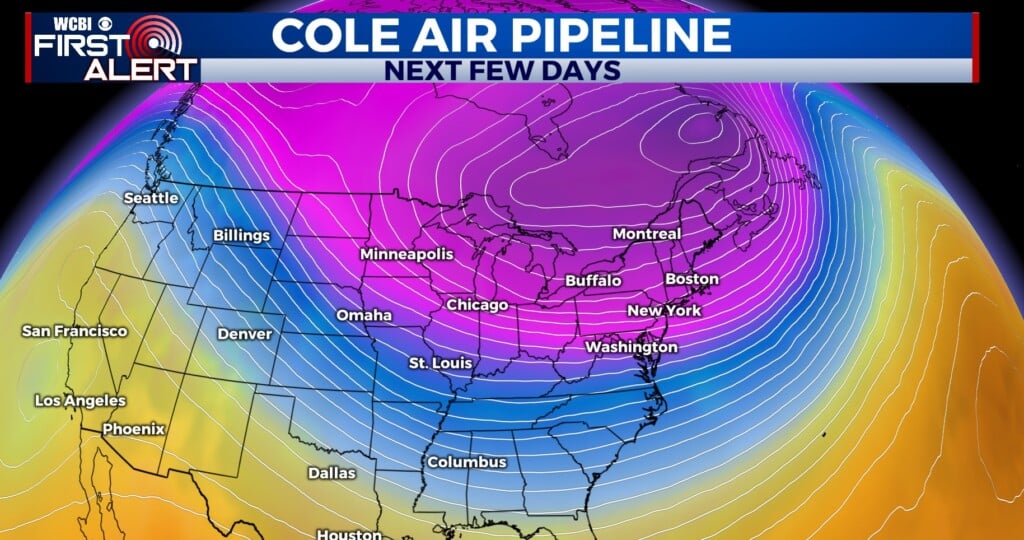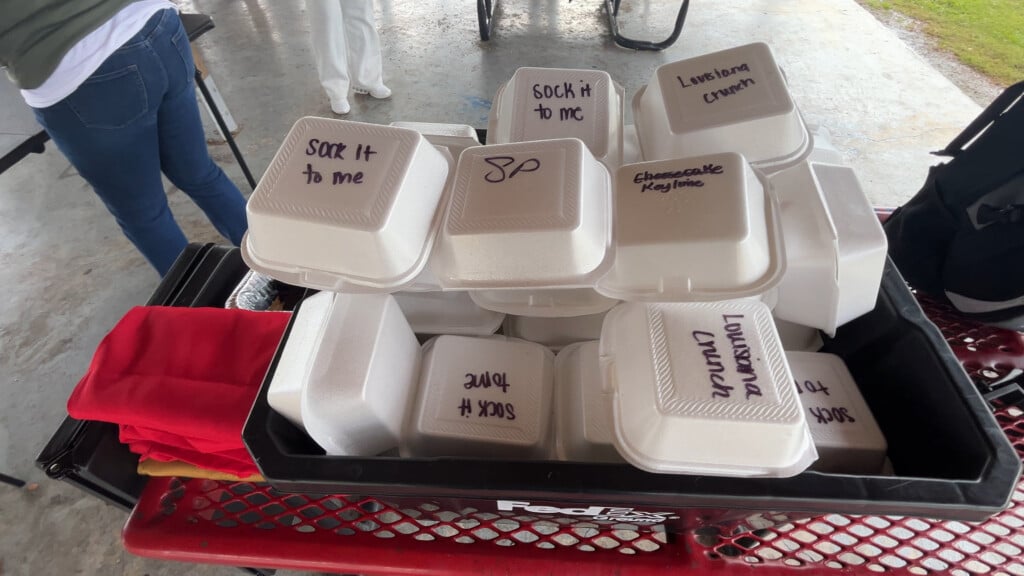Federal stimulus checks expected to start within days
With more than 16 million Americans now jobless, many people await promised federal payments — a key part of the U.S. government’s $2.2 trillion economic relief package in response to the coronavirus pandemic. Adults with income below $75,000 are due to receive $1,200 each, with the first checks expected to land within days.
Some people will likely see the payments hit their accounts through direct deposit early next week, with the first round of checks starting the week of April 13, Representative Debbie Dingell of Michigan said in a blog post. That first round is expected to include 60 million payments to Americans.
Yet while the money is set to start flowing, millions may be in for a wait of weeks or even months. That’s due to the staggered approach taken by the IRS and U.S. Treasury Department, which are first directing payments to taxpayers who have supplied their direct-deposit information to the tax agency through their 2018 or 2019 tax returns. That first round will include Social Security recipients who have provided direct-deposit information with the federal tax returns, Dingell said.
The money can’t come a minute too soon for millions of Americans. Despite a record 11-year economic expansion, many households in the U.S. remain a few missed paychecks away from financial disaster. Before the pandemic, about 1 in 3 said they were were already within three missed paychecks of needing to either borrow money or skip bills, according to new research from Northwestern Mutual.
“Many Americans entered this current ordeal in a relatively fragile place,” said Christian Mitchell, executive vice president & chief customer officer at Northwestern Mutual. With the coronavirus impacting jobs across the country, he noted, “The situation has deteriorated for lots of Americans.”
Mitchell said he found it surprising that so many Americans were a few paychecks away from a financial pinch given years of economic growth until the coronavirus impacted the economy last month. He recommends that families take time to assess their financial situation, developing a plan for navigating the current crisis, such as determining whether they have assets they can draw on in an emergency.
About 7 in 10 respondents recently told the financial website LendingTree they need the stimulus money, according to a recent survey of more than 1,000 Americans. Asked how they’ll spend the money, the top two responses were paying for groceries and paying bills, signifying the impact of lost jobs and dips in income for millions of households.
“For many, this will be about keeping the lights on or putting food on the table,” said Matt Schulz, chief credit analyst for the website LendingTree, in an email. “That’s why these checks are so, so important.”
Second round of payments
The second round of stimulus check payments are likely to come about 10 days after the first round, with the IRS sending payments to Social Security beneficiaries who didn’t file tax returns in 2018 or 2019 and who receive their Social Security benefits through direct deposit, Dingell said. Almost all Social Security beneficiaries who don’t file a tax return get their benefits through direct deposit, she added.
Third round of payments
The third round of payments will begin the week of May 4, Dingell said. This round will be sent via paper checks to individuals who haven’t provided their direct-deposit information to the IRS. The first people to receive these checks will be those with the lowest income, with the IRS progressing into higher incomes each week.
The paper checks will be issued at a rate of about 5 million per week, which means it could take up to 20 weeks to get all the checks out. That timeline would delay some checks until the week of Aug. 17, according to the Associated Press.
Can I give my direct deposit info to the IRS?
Eventually, but the portal that the Treasury is developing to include your direct deposit information isn’t yet live. Consumers who haven’t yet filed their 2019 tax returns could also quickly file and include their direct deposit information in their tax returns.
Can I track my stimulus check?
As of yet, there’s no tool on the IRS site to track your stimulus check, but the tax agency said it will send out letters to stimulus check recipients about 15 days after the payment is made “for security reasons.”
“The letter will provide information on how the payment was made and how to report any failure to receive the payment,” the IRS said. “If a taxpayer is unsure they’re receiving a legitimate letter, the IRS urges taxpayers to visit IRS.gov first to protect against scam artists.”





Leave a Reply